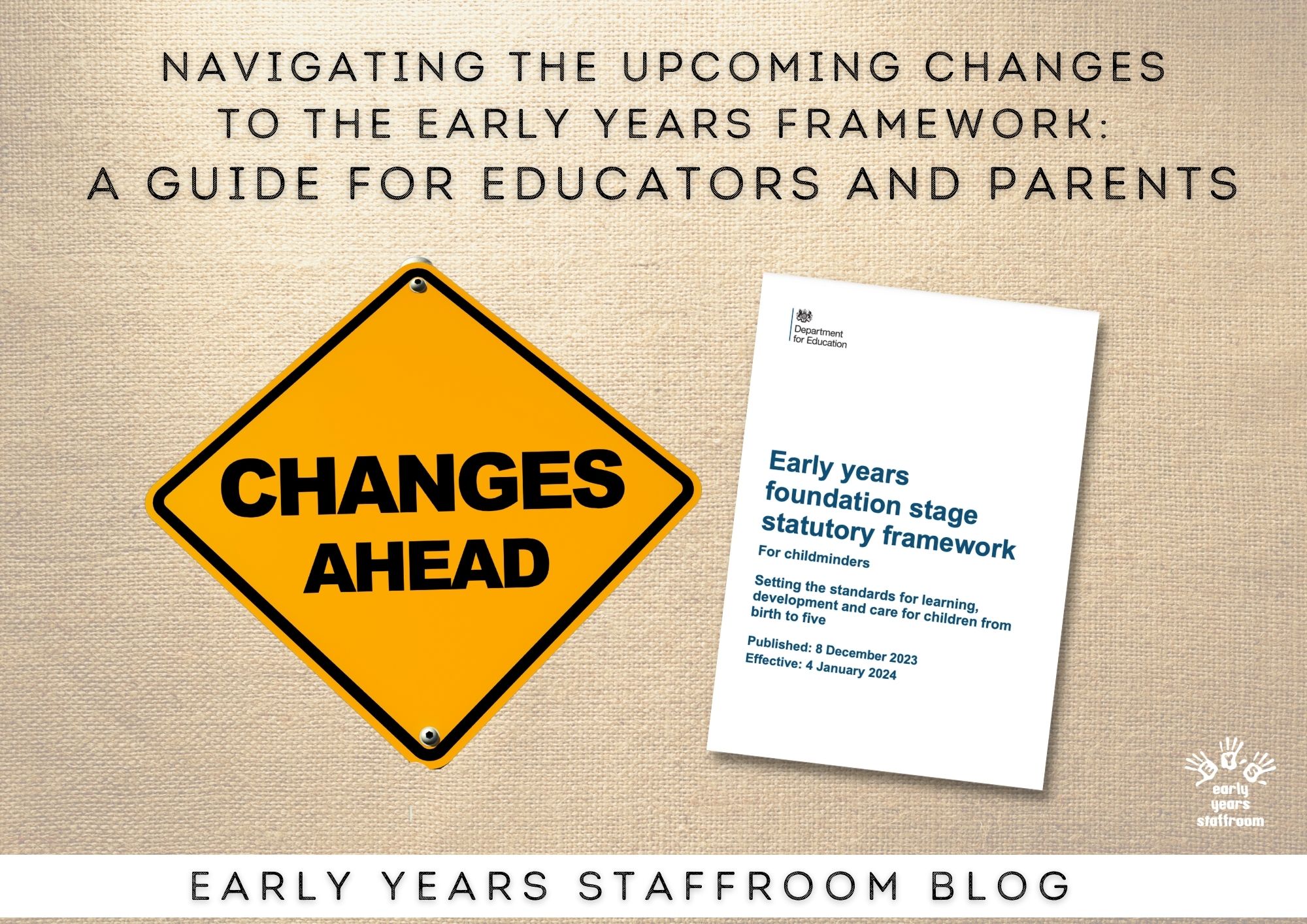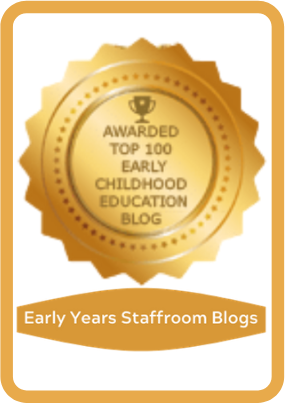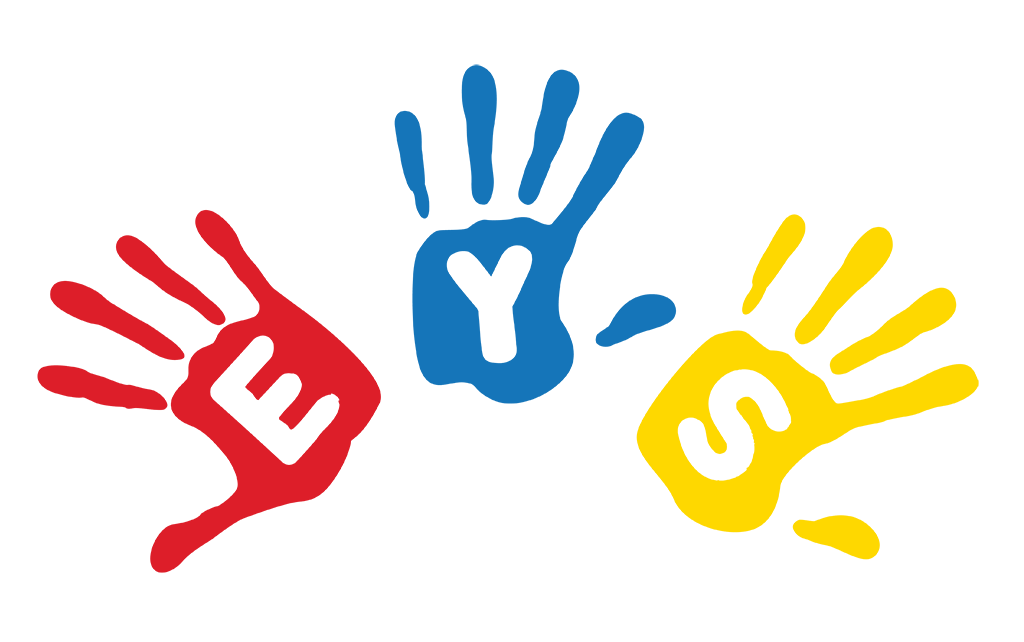Navigating the Upcoming Changes to the Early Years Framework: A Guide for Educators and Parents
The Early Years Foundation Stage (EYFS) framework is set to undergo significant changes effective January 2024. These updates, which follow a consultation by the Department for Education (DfE), aim to enhance the quality of early years education and simplify regulatory requirements.
This blog provides a simple overview of the important upcoming changes and what they mean for educators and parents.
Key Changes in the 2024 EYFS Framework
Two Versions of the EYFS Framework:
The 2024 EYFS framework will be split into two versions: one tailored for childminders and the other for group
and school-based providers. This change acknowledges the differing needs and contexts of these settings.
Supporting Children with English as an Additional Language (EAL):
The requirement to support children’s home language development has been softened from “must” to “may” giving providers more flexibility in how they support EAL learners.
Streamlined Assessment Practices:
The emphasis on using professional judgment over physical evidence collection for assessing children’s development has been strengthened. Practitioners are encouraged to rely on their knowledge and expertise, reducing the need for extensive documentation.
Enhanced Safeguarding Policies:
Safeguarding policies will now explicitly include all electronic devices with imaging and sharing capabilities, addressing contemporary challenges and ensuring comprehensive child protection.
Qualification Standards Documentation:
A new document will consolidate information on Level 2 Early Years Practitioner and Level 3 Early Years Educator criteria, making qualification standards more accessible and understandable.
Specific Changes for Group Settings:
Qualification Requirements for Managers: The requirement for Level 3 educators to hold a Level 2 maths qualification has been removed. Instead, this requirement will apply to certain setting managers.
Ratios, Qualifications and First Aid:
Child Ratios: There’s increased flexibility for students on long-term placements and apprentices to be included in staff: child ratios, provided their competence and responsibility are confirmed by managers.
Paediatric First Aid (PFA) Requirement: Clarifications state that all staff with Level 2 and/or Level 3 qualifications since June 30, 2016, must hold a valid PFA qualification to be included in required staff: child ratios.
Digital Qualification Verification: Physical copies of qualifications are no longer mandatory, addressing issues related to the refusal of digital copies in some settings.
Specific Changes for Childminders:
1. Training Requirement Adjustment: Childminder applicants are no longer required to complete formal EYFS training but must demonstrate knowledge and understanding of the EYFS.
2. Role Expansion for Childminding Assistants: Childminding assistants can now hold the role of key person, subject to assessment by the childminder.
3. Space Requirements and Confidential Consultation Spaces: Clarifications are introduced regarding space requirements and the provision of confidential consultation areas.
4. Assessment Section Amendments: The Assessment section in the EYFS framework for childminders will be significantly amended, including changes related to information provided to local authorities.
Conclusion
The 2024 changes to the EYFS framework are designed to streamline processes, provide flexibility, and ensure high-quality early years provision. While maintaining the focus on children’s learning and development, these updates reflect the evolving needs of early years settings and the professionals who work within them.
Its crucial for educators and parents to familiarise themselves with these changes to continue providing the best possible support for young learners.
If you have any queries on this feel free to ask in our Facebook group.
Early Years Staffroom are always here to support you. We share our knowledge, so you save your time.










